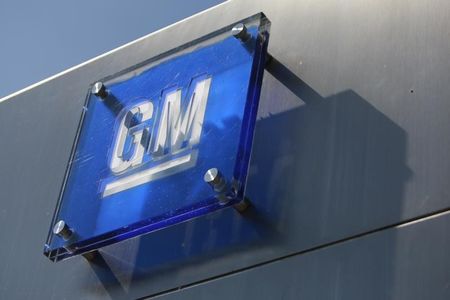On Tuesday, U.S. auto safety regulators initiated an investigation to determine whether General Motors' (NYSE:GM) self-driving division, Cruise, is adequately prioritizing safety measures for its autonomous robotaxis to protect pedestrians.
The National Highway Traffic Safety Administration (NHTSA) disclosed that it has received two reports from Cruise concerning incidents in which pedestrians were harmed.
Additionally, the NHTSA has identified two additional incidents through videos that were publicly shared on websites.
NHTSA said the incidents reported include Cruise autonomous vehicles "encroaching on pedestrians present in or entering roadways, including pedestrian crosswalks, in the proximity of the intended path of the vehicles."
The agency's preliminary evaluation encompasses approximately 594 vehicles and serves as the initial stage before the agency pursues a mandatory recall.
"This could increase the risk of a collision with a pedestrian, which may result in severe injury or death," the agency added.
The investigation follows a recent incident in San Francisco, just over two weeks ago, where a pedestrian was initially struck by a hit-and-run driver, subsequently thrown into an adjacent lane, and then hit a second time by a Cruise robotaxi, which was unable to halt in time.
Authorities at the U.S. and California levels have confirmed ongoing discussions with Cruise concerning this particular event.
GM is allocating close to $2 billion annually for Cruise, emphasizing that the venture holds significant potential for growth. GM CEO Mary Barra reaffirmed in June that Cruise has the potential to generate $50B in yearly revenue by 2030.
A representative for Cruise mentioned that the company maintains regular communication with NHTSA and has consistently complied with all information requests made by the agency.
Shares of GM are up 0.89% in afternoon trading on Tuesday.
